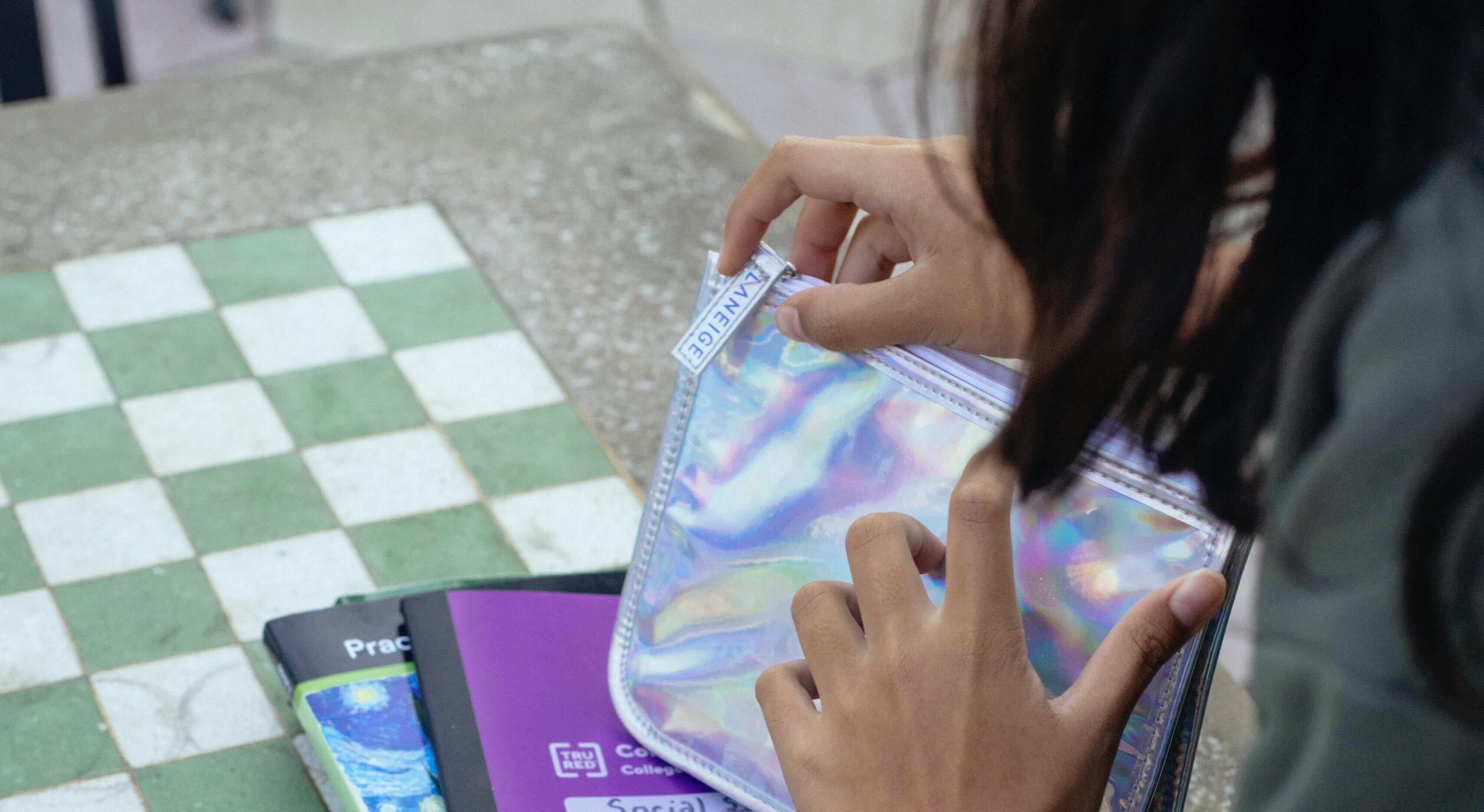Please Explain! NDIS Acronyms
Navigating the world of the NDIS can sometimes feel like learning a new language, especially with the myriad of acronyms thrown around. But don't fret! We're here to demystify these terms for you. By the end of this guide, you'll be fluent in "NDIS-speak."
The Basics
NDIA - National Disability Insurance Agency
This is the government agency responsible for implementing and managing the NDIS.
NDIS - National Disability Insurance Scheme
A transformative initiative in Australia, the NDIS provides funding to eligible individuals living with permanent and significant disability. This funding enables individuals to enhance their quality of life, on their terms by gaining increased independence, developing new skills, accessing a wider variety of community and social activities and experiences, and spending more quality time with their family and friends.
Today, the NDIS supports over 500,000 Australians with disability to access the services and supports they need to live a more able life. This number includes over 80,000 children with developmental delay, ensuring that they receive the support they need early, leading to them achieving best outcomes throughout their lives.
Key Personnel in Your NDIS Journey
LAC - Local Area Coordinator
LACs are essential figures in the NDIS landscape. They partner with the NDIS to guide many participants through the planning and implementation process, and ensure they're linked with the right community resources.
ECP - Early Childhood Partner
ECPs are organisations specialising in early childhood. They've partnered with the NDIS to deliver the ECEI approach. If you believe your child has a developmental delay or disability, an ECP is your go-to contact.
ECEI - Early Childhood Early Intervention
This approach is designed for children aged 0-6 years who have developmental delays or disabilities. Recognizing the unique needs of children, ECEI offers specialized support distinct from adult services.
Find out more about the ECEI approach with the NDIS here.
SLES - School Leaver Employment Supports
For teenagers transitioning from school, SLES provides support to help them move into employment. It's designed to ensure that school leavers have the tools and resources they need to step confidently into the workforce.
Decoding Disability Accommodation
SIL - Supported Independent Living
This refers to the funded services NDIS participants receive to assist them in living independently. Typically, SIL services are provided in shared residences with other NDIS participants.
SDA - Specialist Disability Accommodation
Think of SDA as the physical housing or the "bricks and mortar" for people with disabilities. It's assessed and funded separately from SIL, focusing on the actual living space.
STA - Short-Term Accommodation
In simpler terms, STA is respite accommodation. It offers both caregivers and the individuals they care for a chance to take a break while also giving individuals opportunities to work towards goals around skill development and increasing independence. It's a temporary arrangement, and can be provided in a variety of settings. See our Short-term Accommodation page for more information.
Need More Clarity?
We understand that the NDIS can be overwhelming, especially when you're just starting. If you have more questions or need personalised advice don’t hesitate to reach out to us. We’re here to help!


